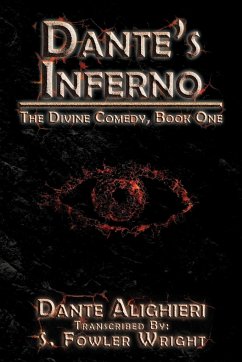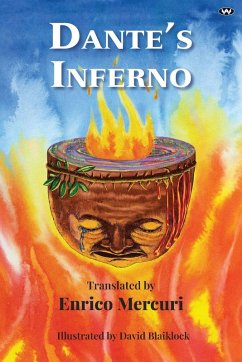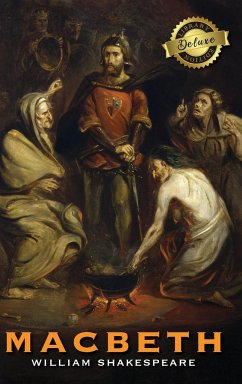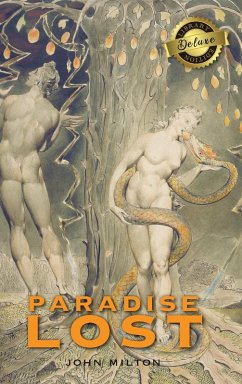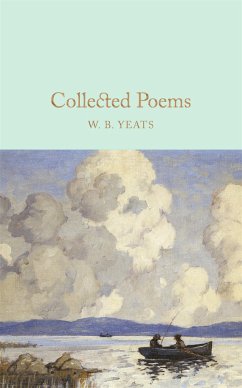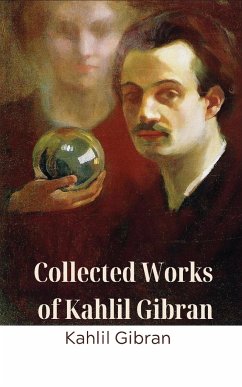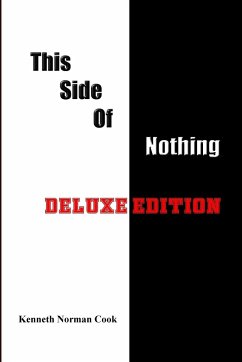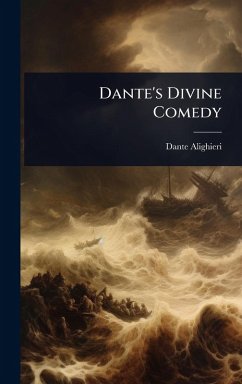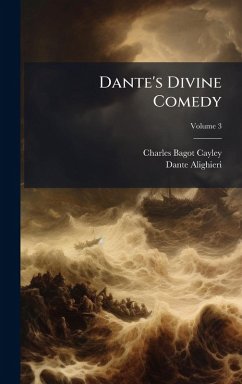Nicht lieferbar
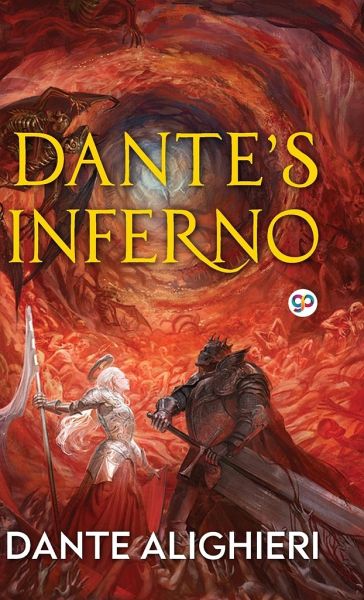
Dante's Inferno (Deluxe Library Edition)
Versandkostenfrei!
Nicht lieferbar
Published between 1308 and 1321, 'Dante's Inferno' is the first part of the 14th-Century epic poem Divine Comedy by Dante Alighieri, an Italian poet, writer, and philosopher. It is by far the most popular and well-known of the books in the Divine Comedy trilogy because of its portrayal and understanding of the moral and spiritual pitfalls which still torment us today. The allegory depicts Dante's journey through the depths of Hell. He is led by the Roman poet Virgil down into the nine circles of Hell, each of which holds and punishes progressively worse sinners. From the 'First Circle', where ...
Published between 1308 and 1321, 'Dante's Inferno' is the first part of the 14th-Century epic poem Divine Comedy by Dante Alighieri, an Italian poet, writer, and philosopher. It is by far the most popular and well-known of the books in the Divine Comedy trilogy because of its portrayal and understanding of the moral and spiritual pitfalls which still torment us today. The allegory depicts Dante's journey through the depths of Hell. He is led by the Roman poet Virgil down into the nine circles of Hell, each of which holds and punishes progressively worse sinners. From the 'First Circle', where unbaptized souls live in peaceful limbo, down to the 'Ninth Circle', where Satan is trapped in ice, Dante sees firsthand the consequence of unrepentantly sinning against God. "Through me, you go into a city of weeping; through me, you go into eternal pain; through me, you go amongst the lost people." -Dante Alighieri, The Inferno




